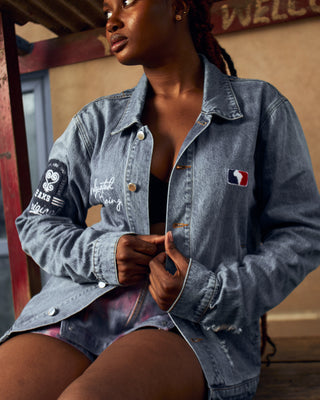Club members, who represented a cross section of the city’s Black-American community, purchased a building at 1517 Girard Ave. in 1940, which they renovated for the purpose of hosting social and cultural events. The club was for men only, but women could attend events held at the site.
There was also a Ladies Auxiliary, a Pyramid Wives Club, and a Women’s Coordinating Committee. Women could also serve on the club’s exhibition committee, which helped to select and organize exhibitions. Black-owned, operated, and financed, the exclusive club contained reception rooms, meeting rooms, a dining room, and a membership lounge known as the Crystal Bar.
The membership fee was $120 (around $2,600 in 2024) and monthly dues were $2.40 (around $53 in 2024). By the mid-1940s, the club had 350 members. All members were required to join the NAACP. Programming consisted of music festivals, art exhibitions, cooking demonstrations, parties, luncheons, lectures, and guest speakers. The annual art exhibition, held from 1941-1957, showcased the work of up-and-coming African-American artists from Philadelphia and New York. Every year, the club published a popular pictorial album illuminating the life and times of black Philadelphians.
Famous faces at the club included poet Langston Hughes, songstress Marion Anderson, actress and dancer Josephine Baker, educator and philanthropist Mary McLeod Bethune, civil rights activist A. Philip Randolph, and legendary musicians Louis Armstrong and Duke Ellington. The club closed in 1963.



